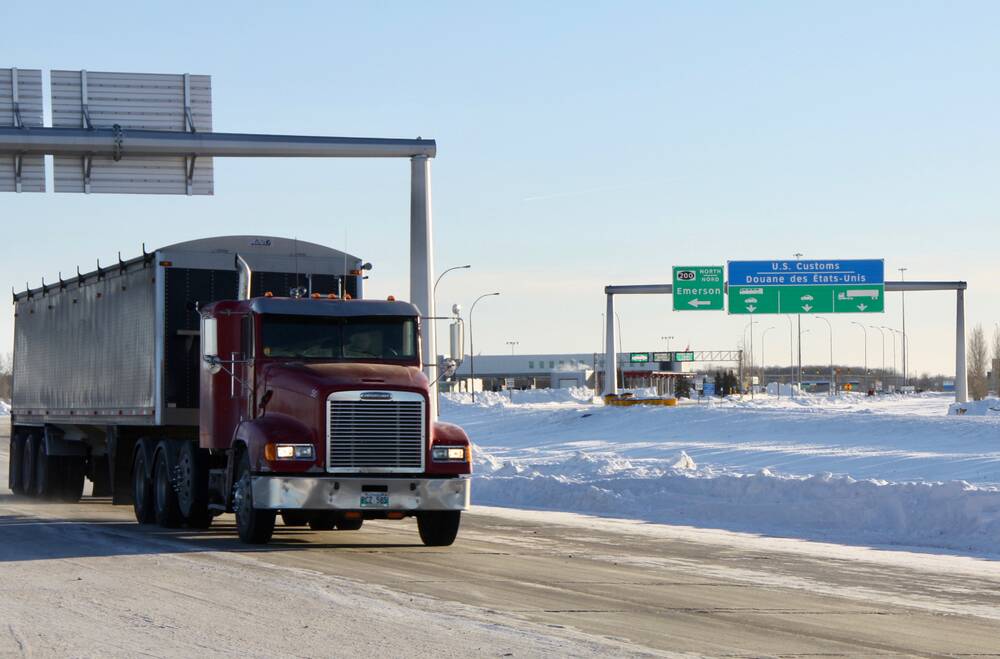What do new widespread tariffs mean for Canadian agriculture and food?

Retaliation against new U.S. tariffs from key agricultural producing regions like China and the EU will be worth monitoring in coming weeks.
That’s according to Farm Credit Canada chief economist JP Gervais in a LinkedIn post Thursday morning.
“Tariffs on US exports of key commodities should lead to lower prices,” he said.
Mexico and Canada avoided fresh tariffs on Wednesday with President Donald Trump exempting the United States’ top trading partners from his new 10 per cent global tariff baseline, although previous duties remain in place.
Read Also


Canada, Mexico not subject to new global rates as Trump announces new duties
President Donald Trump said on Wednesday that he would impose a 10 per cent baseline tariff on all imports to the United States and higher duties on dozens of the country’s biggest trading partners.
Goods from Mexico and Canada that comply with the CUSMA trade agreement between the three countries will largely remain exempt from tariffs, except for auto exports and steel and aluminum which fall under separate tariff policies.
Gervais’s items to watch included:
The value of the loonie, which he noted had dropped 1.5 per cent since Wednesday’s close
How reciprocal tariffs damage the world economy and strength of demand for agricultural goods
The extent to which steel, aluminum and auto tariffs weaken the Canadian economy
Whether CUSMA negotiations are fast-tracked.
“And the list goes on,” Gervais said. “This isn’t likely to be the US administration’s last trade action.”
Canada and Mexico escape worst-case scenario?
Trump previously imposed 25 per cent tariffs on Mexico and Canada for not doing enough to curb migration and fentanyl trafficking, but later issued a carve out for CUSMA compliant goods.
“For Canada and Mexico, the existing fentanyl/migration … orders remain in effect, and are unaffected by this order,” the White House fact sheet said.
“In the event the existing fentanyl/migration … orders are terminated, USMCA compliant goods would continue to receive preferential treatment, while non-USMCA compliant goods would be subject to a 12% reciprocal tariff.”
Some analysts said Canada and Mexico appeared to have avoided the worst-case scenario.
Candace Laing, president and CEO of the Canadian Chamber of Commerce, said in a statement: “We hope that today’s positioning regarding Canada by the U.S. is part of a path to real negotiation, ultimately leading to long-term partnership.”
Speaking after Trump’s announcement, Canada’s Prime Minister Mark Carney said he still planned to respond with countermeasures.
“We are going to fight these tariffs with countermeasures, we are going to protect our workers, and we are going to build the strongest economy in the G7 (group of nations),” he said.
—With files from Reuters
Source: Farmtario.com


